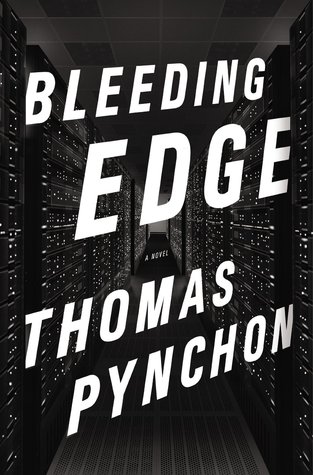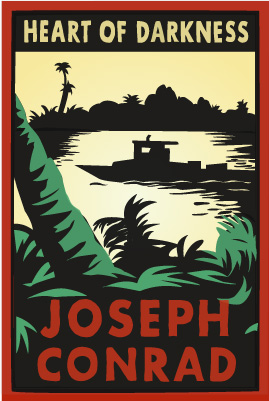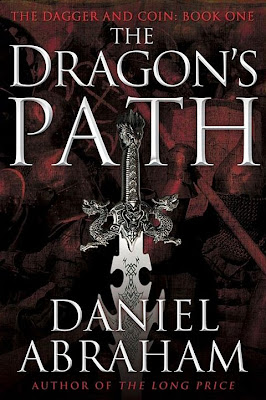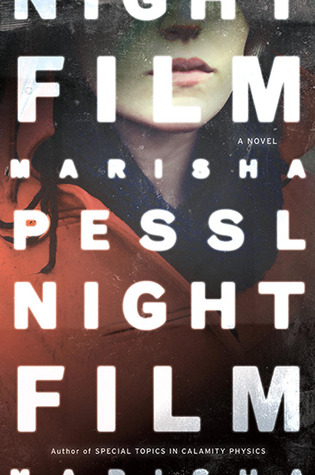Tragicomedy
Member
Anyone? Bueller? ...
What I mean specifically is part of the story in 'the north' country.
Not exactly what you're looking for, but try The Black Company if you haven't yet. More of a dark winter setting, but top notch fantasy.
Anyone? Bueller? ...
What I mean specifically is part of the story in 'the north' country.
Have you read The Heroes by Abercrombie? It mostly takes place in the north.
Ohh I actually have that book on my Kindle. Perhaps I'll do that one next. I should finish Edward Adrift tomorrow.
Been meaning to read Mishima for years. Temple of the Golden Pavilion is a good place to start, I take it?
I finished Oryx and Crake by Margaret Atwood yesterday evening. The author had really great ideas, the world is interesting and some topics are quite thought-provoking. The big problem was the story imo. I constantly had the feeling that the story is kind of stuck and nothing happens (maybe that's because of the narrative style) and sometimes there were extremely boring parts that I'd have loved to skip. It was a great book to discuss in a group but I'm definitely not going to read the other two books of this trilogy.
Finished Edward Adrift and on to The Black Company







Every October I try to read a classic horror novel. This one holds up real well.
It's one of my favorite novels. It's kind of insane that it was written by a 19-year-old girl in 1818.Does it really? That's been a major fear of mine in reading it.

Every October I try to read a classic horror novel. This one holds up real well.



"Gone Girl" is 99p for Kindle on Amazon UK, highly recommended.
Does it really? That's been a major fear of mine in reading it.
Finished Doctor Sleep yesterday.
Felt thatStill, not a bad book.The True Knot gallery could have used much more fleshing out to make them more menacing. Maybe up their killings or have them fight psychically with Dan, and not in some lame gun fight. For such a devilish lot, one would expect their approach to be more supernatural and less dimwitted. Rose started off as threatening but in the end she seemed like nothing more than a plot device to an overpowered Abra X Dan combo. Really enjoyed Dan's struggle with alcoholism. Could have done without all of the Overlook references. I read The Shining right before this, and while it fleshes out the dangling threads left in that book, it relies too heavily upon it by the end.
Now listening to the audiobook: The Blade Itself.
Wondering what everyone else thought of this book and Dr. Sleep.


Currently I'm reading The Lost City of Z

Good so far.
Finished Night Film and gave it 2/5 stars. WAY too pretentious, descriptions for the sake of it and dragged on way too long.
Finished Night Film and gave it 2/5 stars. WAY too pretentious, descriptions for the sake of it and dragged on way too long.
And nothing really happened. Well, not as much as I'd have liked anyway
Took me a good while to finish that, so disappointed.



Bah, you're all foolish, Night Film was great!
edit: The Amazon Daily "The Temple of Gold" sounds really wonderful, has anyone read it?

Pure existentialist awesomeness.



You should definitely read Messiah. It's a darker tale and not as epic as Dune, but still a great novel. It feels like the missing epilogue to Dune.Finished Dune yesterday and I really really liked it. How's Dune Messiah? Should I pick it up? How does it compare to Dune?
